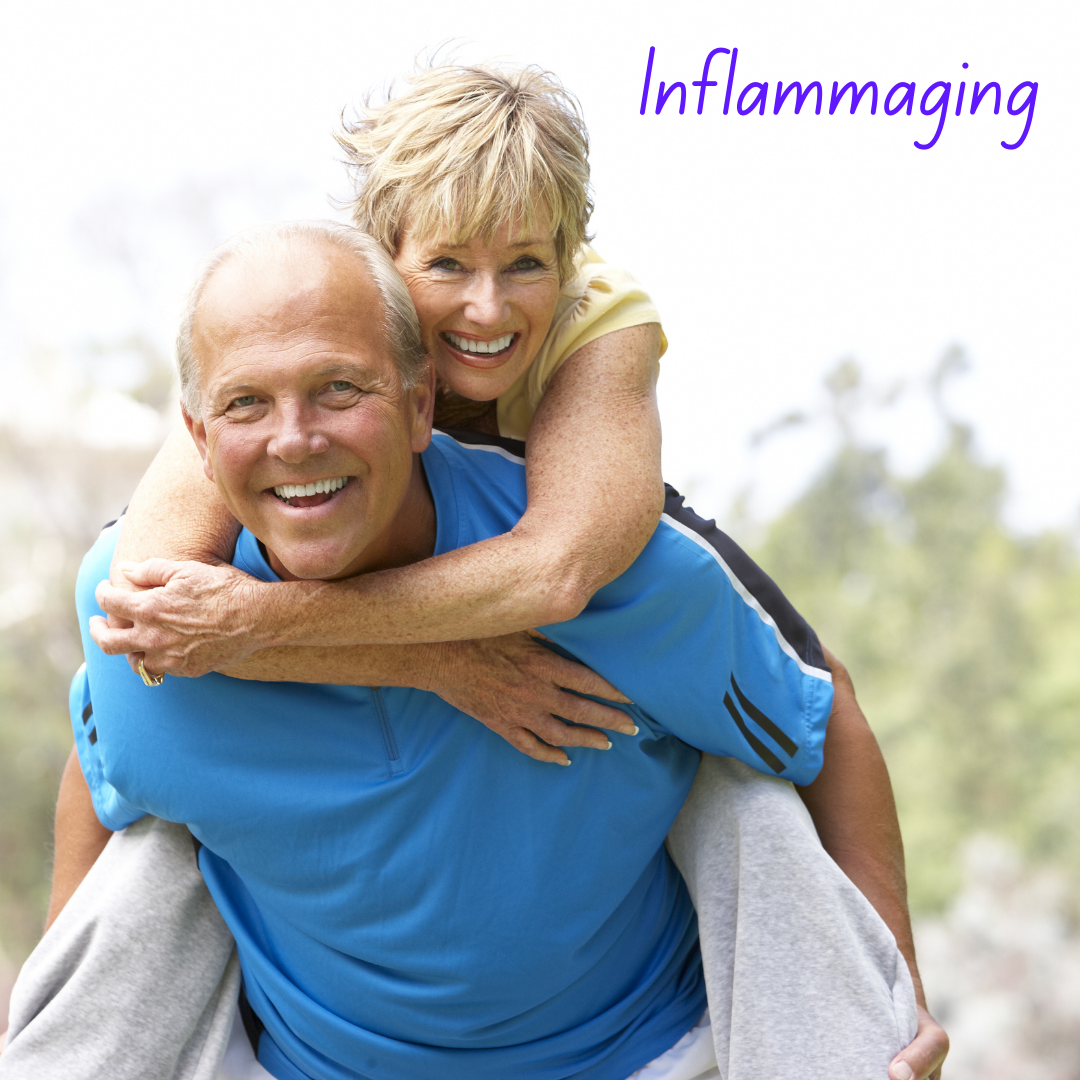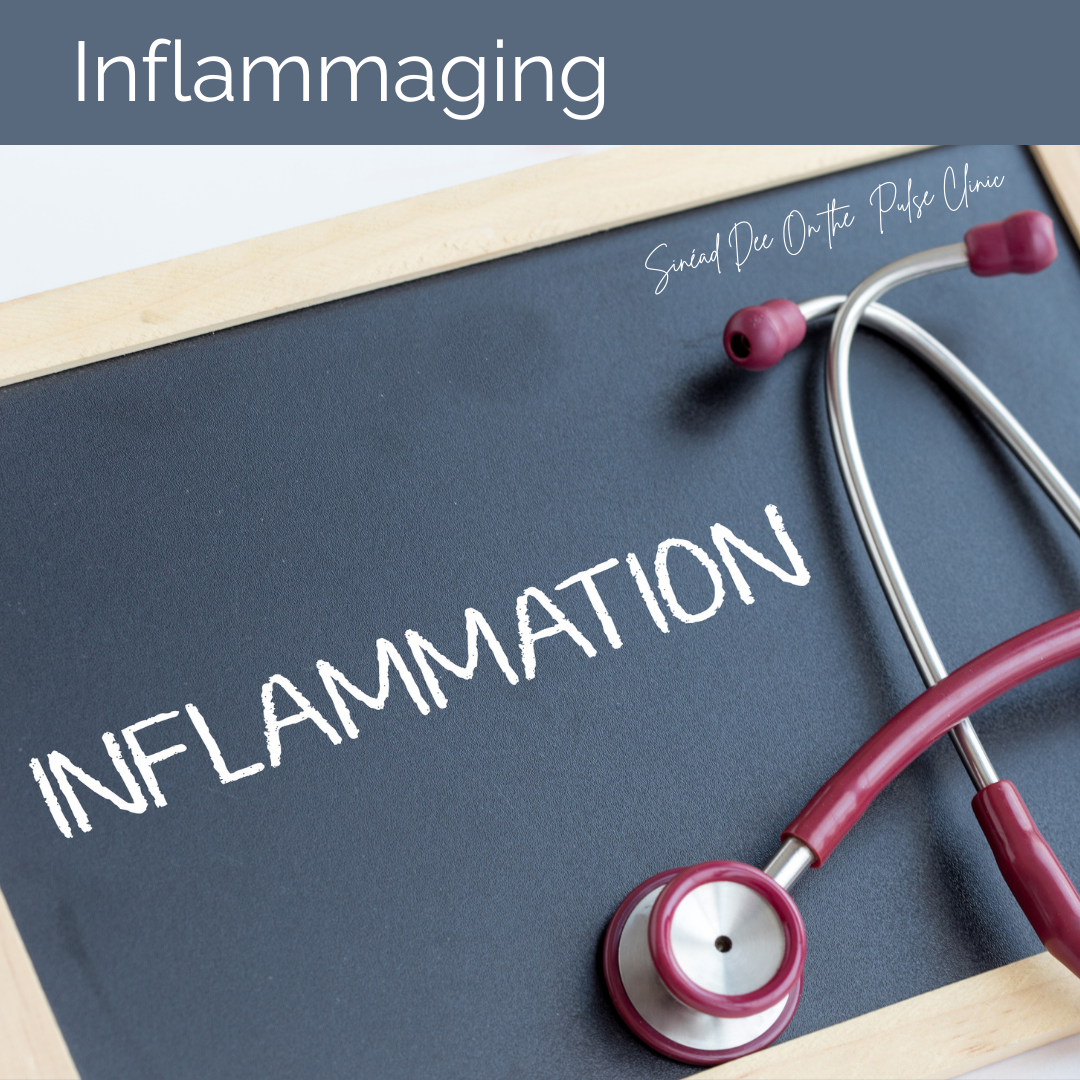

Reframing Inflammaging: A Clinical Perspective on Acupuncture, Chinese Herbal Medicine, and Ageing
Inflammaging—a term now well established in the biomedical literature—describes low-grade, persistent inflammation that accumulates with age. It underpins many of the chronic, non-specific symptoms we see in older patients: fatigue, musculoskeletal pain, poor sleep, digestive slowing, and decreased resilience.
These symptoms often present before frank pathology is measurable, making early intervention both difficult and crucial. This is where Traditional Chinese Medicine (TCM)—particularly acupuncture and Chinese herbal medicine—offers a valuable, evidence-aligned framework.
